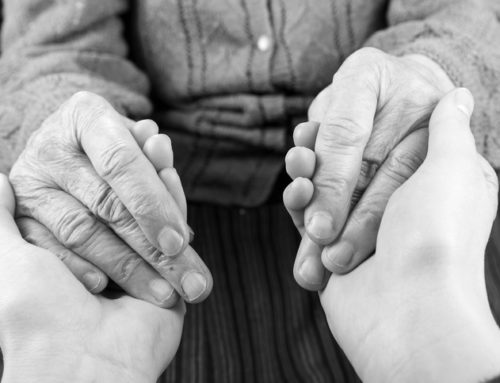Hallucinations and Delusional Behavior
Most people associate PD with tremors, shakes, poor balance and difficulty in walking- all of which create challenges when getting dressed, bathing, toileting and eating.
There are approximately 60,000 Americans who are diagnosed each year with Parkinson’s disease, not including ones not yet diagnosed, as well as up to 10 million people worldwide who currently live with this disease. What most people do not know is that 50% of those who suffer from Parkinson’s Disease, also endure hallucinations and delusions. When one hallucinates, they see, hear or experience things that, in fact, are not real. Delusions occur when one believes something that is not true; they may feel paranoid, out of touch with reality or smell things that are not present. [2] Unfortunately, these symptoms can progress as the condition worsens, increasing risks of remaining at home. Falls, the progression of dementia, and wandering, which often accompanies this disease, can put a tremendous burden on the caregiver (s) of the patient. Sometimes this condition can be difficult to detect; having a full understanding of how hallucinations and delusions will present itself in the PD patient will help to prepare both the caregiver and patient. Consider taking the time in meeting with a PD specialist to help you work through this frightening experience—more importantly, do not ignore these symptoms. Fortunately, there are new treatments and medications on the market that can help. Movementdisorders.com also suggests that if you suspect or see that your loved one is experiencing hallucinations or some type of psychosis, check for the following: [3] There are several treatments and medications on the market to help relieve some of these symptoms—knowing your options will help to reduce the anxiety for both you and your loved one. [1] www.parkinson.org [2]www.moretoparkinsons.com [3] www.movementdisorders.ufhealth.org





